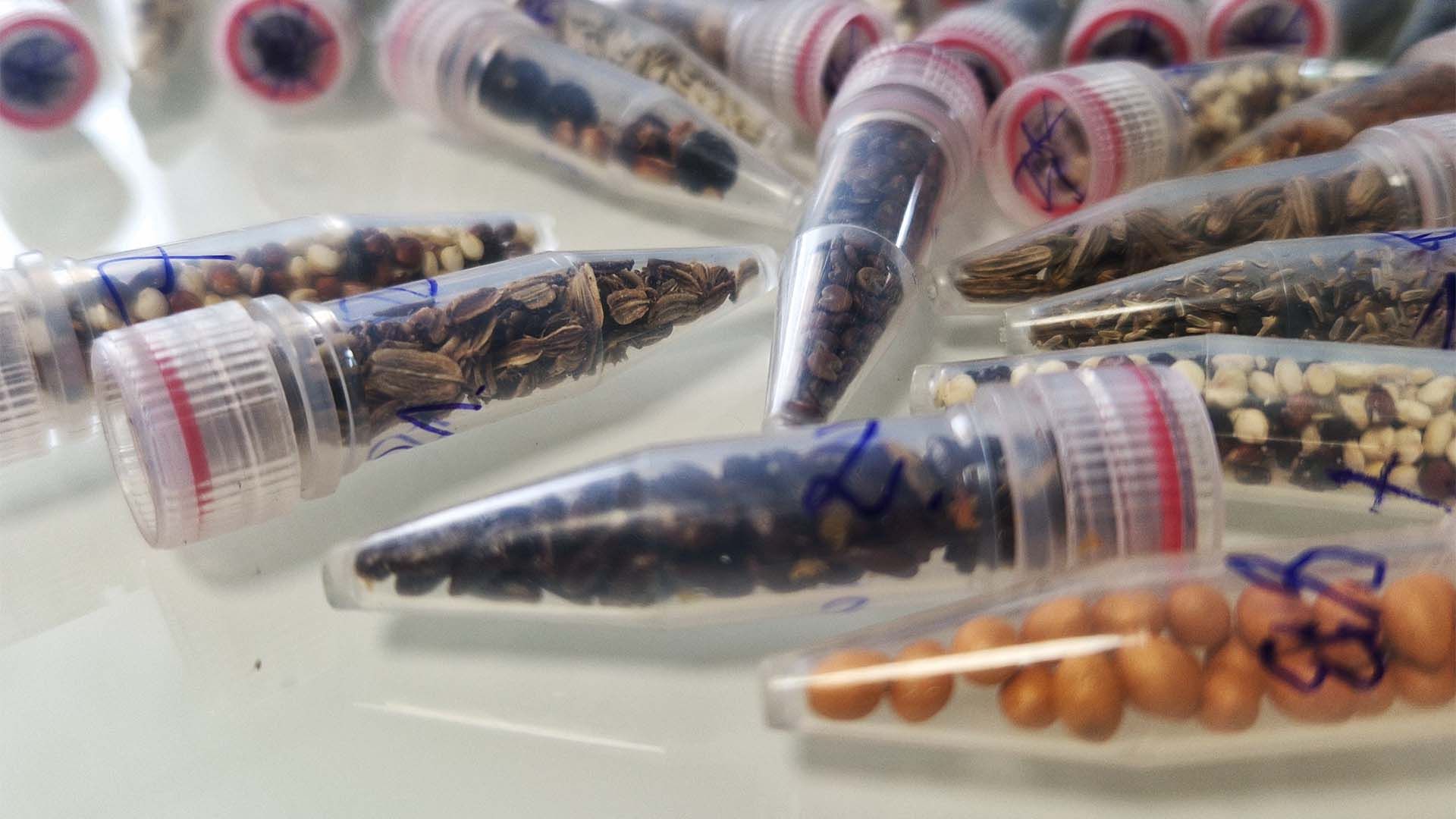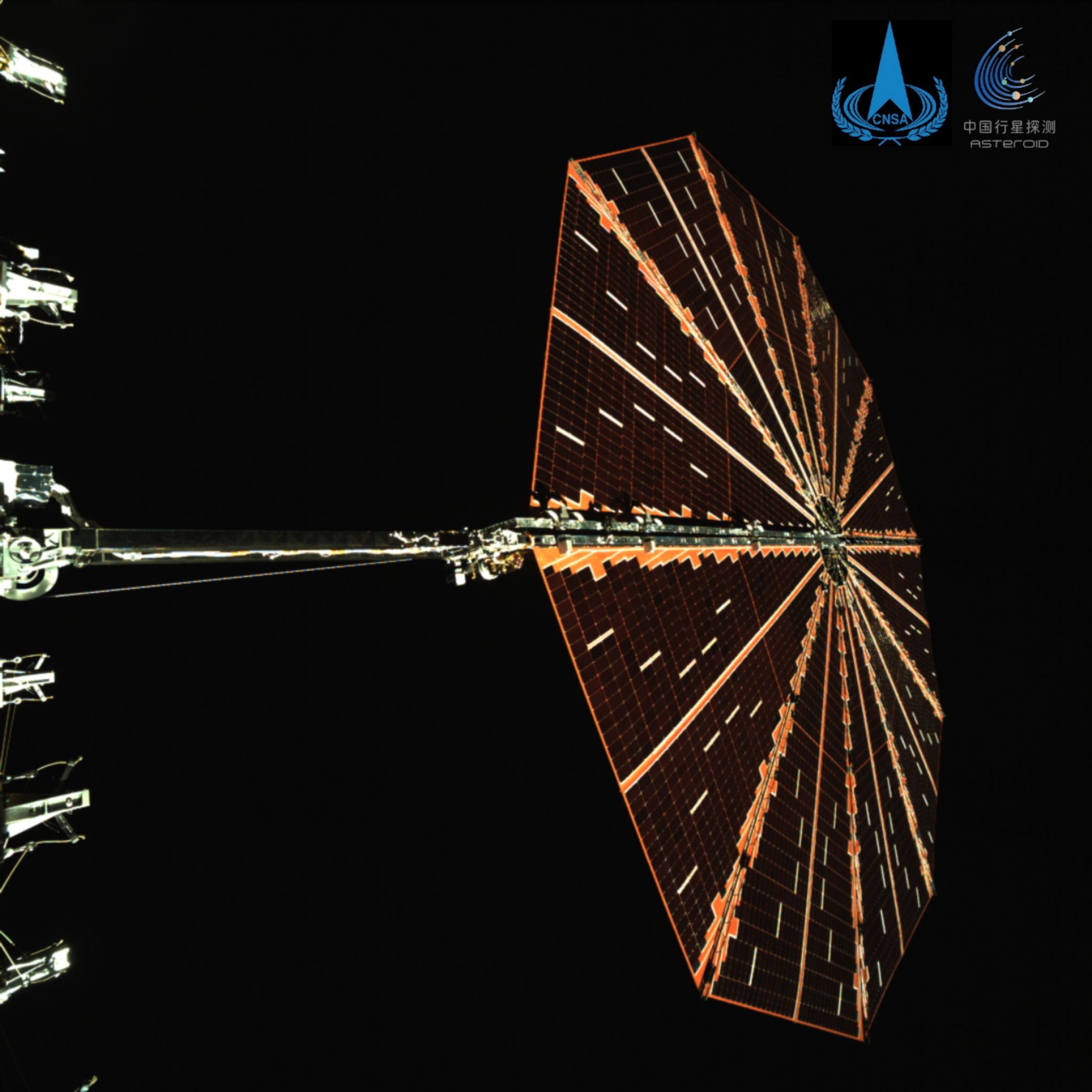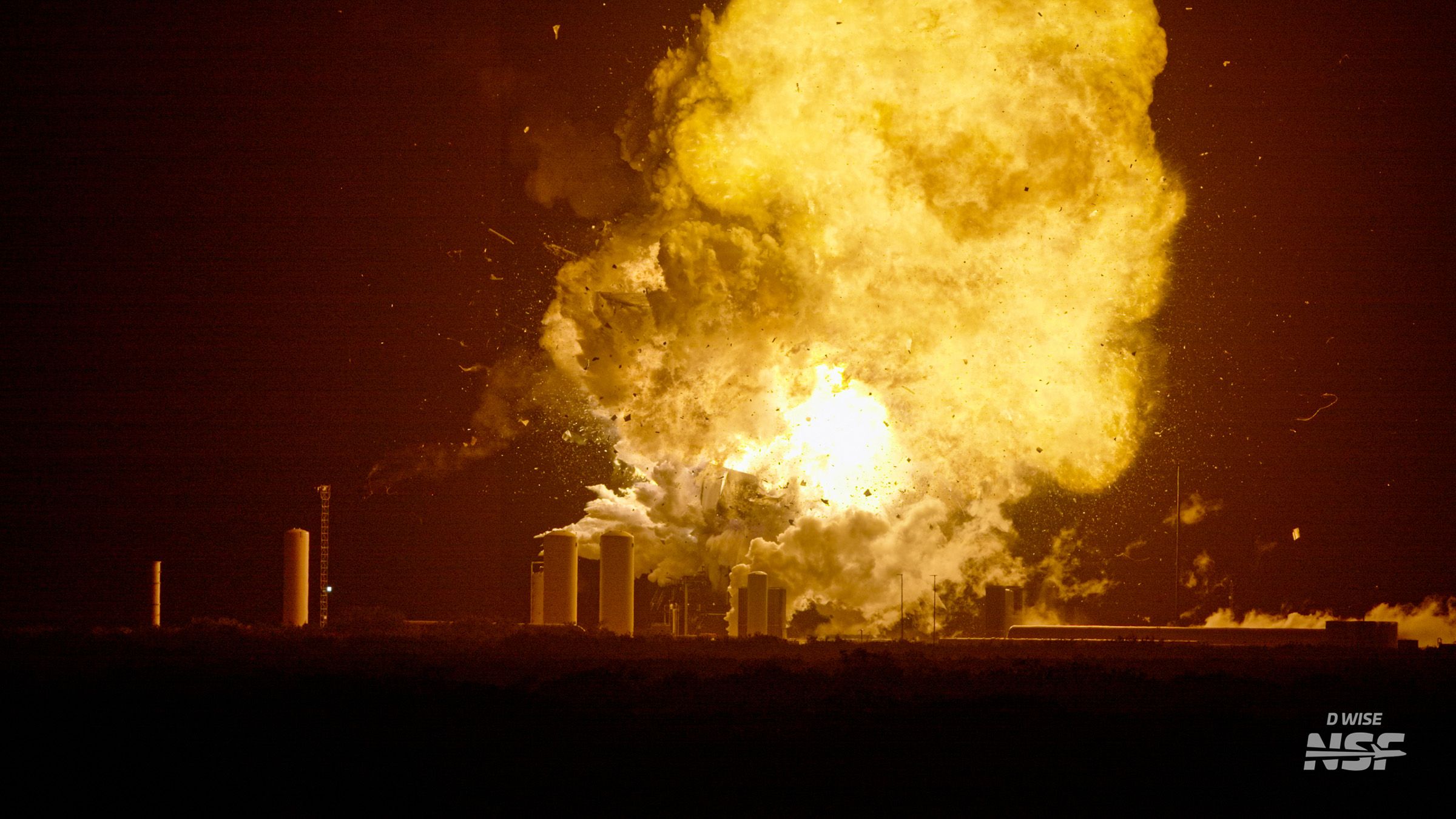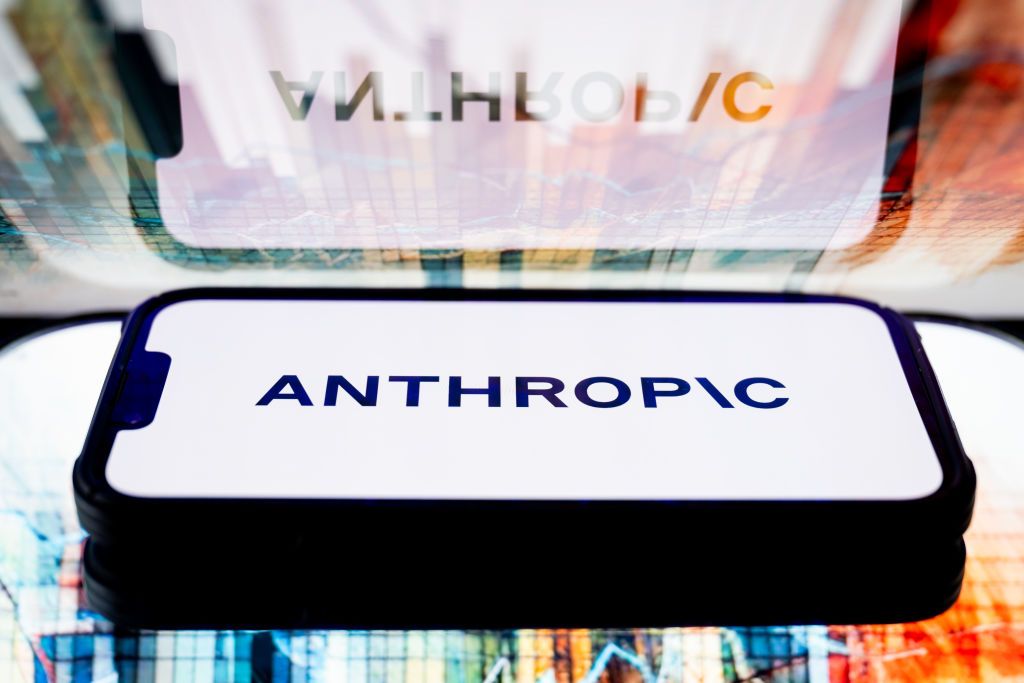Scientists Are Sending Cannabis Seeds to Space
2 min read
Scientists Are Sending Cannabis Seeds to Space
In a groundbreaking new experiment, scientists have announced plans to send cannabis seeds to space in order to study how the plant adapts to the unique conditions of outer space. The seeds will be sent to the International Space Station (ISS) where they will be exposed to microgravity and other environmental factors not present on Earth.
This experiment aims to further our understanding of how plants can be grown in space for future long-duration missions, such as a potential mission to Mars. Cannabis was chosen for this experiment due to its fast growth rate and potential as a food source for astronauts.
The study will also investigate how zero-gravity affects the plants’ cannabinoid compounds, which could have implications for medical research and the development of new pharmaceuticals. Scientists hope to gain insights into how space travel impacts the plant at a genetic level.
This experiment represents a significant step forward in space agriculture and could have far-reaching implications for future missions beyond Earth. The data collected from this study could help researchers develop new methods for growing food in space and potentially contribute to solving food security challenges on Earth.
While the idea of sending cannabis seeds to space may be controversial to some, the scientific community believes that this experiment has the potential to advance our understanding of plant biology and space travel. This research could open up new avenues for sustainable agriculture and space exploration.
As we look towards a future where humans may one day colonize other planets, experiments like this one will be crucial in determining how we can adapt to the challenges of space travel. The results of this study could pave the way for innovations in space farming and plant-based medicine.
By studying how cannabis seeds respond to the unique conditions of space, scientists hope to unlock new possibilities for growing crops beyond Earth. This experiment represents a bold new frontier in plant research and could revolutionize our approach to agriculture in space.





